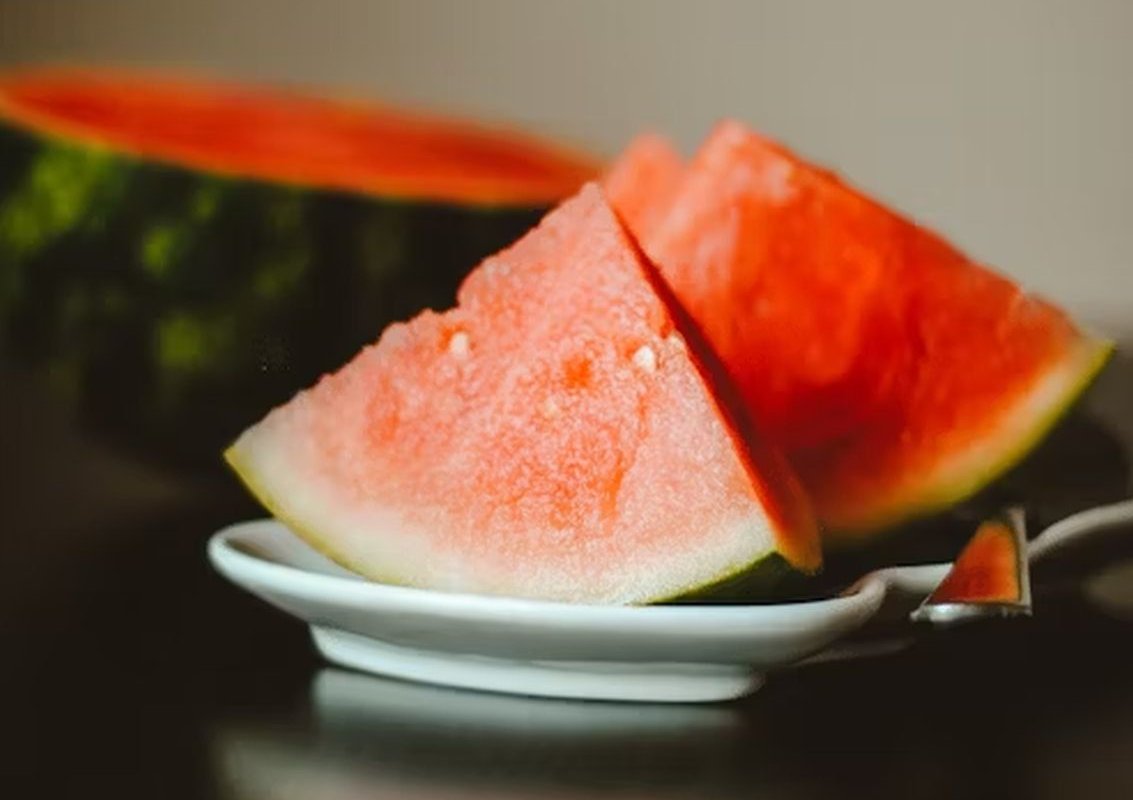
Biologist Irina Lyalina explained how safe the habit of many Russians to eat watermelons with bread is.
Biologist Lyalina answered a question from LIFE.ru about when it is possible and not possible to eat bread with watermelon.
“Some Russians like to eat watermelons with bread, but this can be dangerous to health,” the specialist said.
Lyalina noted: such a combination of products means that the body will immediately receive quite a lot of water and fiber mixed with carbohydrates. The process of digesting such a mixture can cause severe or even painful bloating and gas formation, and other undesirable reactions from the digestive tract.
In addition, the combination of fructose from melons and complex carbohydrates contained in bread gives the watermelon-bread mass a high glycemic index, which provokes a sharp increase in blood sugar levels, and then the release of a large amount of insulin into the blood. Regular consumption of watermelon with bread (especially white, rich) can contribute to the development of insulin resistance and obesity. In addition, the biologist added:
“This can harm those who suffer from diabetes, hypertension, atherosclerosis.”
At the same time, Irina Lyalina clarified: good health or individual characteristics of the body allow some people to eat watermelons with bread without any negative consequences. In particular, if the heart and kidneys are healthy, there are no problems with digestion, such a combination can be quite acceptable.
“In the absence of diabetes, insulin resistance, gastrointestinal problems and heart or kidney failure, you can eat watermelon with bread, but it is better to choose whole grain or rye due to the low glycemic index,” the expert summarized.
Earlier, the MedikForum.ru portal wrote that endocrinologist Galina Smirnova listed existing myths about the effect of sugar on the body.
Important! Information provided for reference purposes. Ask a specialist about contraindications and side effects and do not self-medicate under any circumstances. At the first signs of illness, consult a doctor.
 Irina Lyalina Healthy lifestyle Acting Dean of the Faculty of Natural Sciences, State University of Education
Irina Lyalina Healthy lifestyle Acting Dean of the Faculty of Natural Sciences, State University of Education
